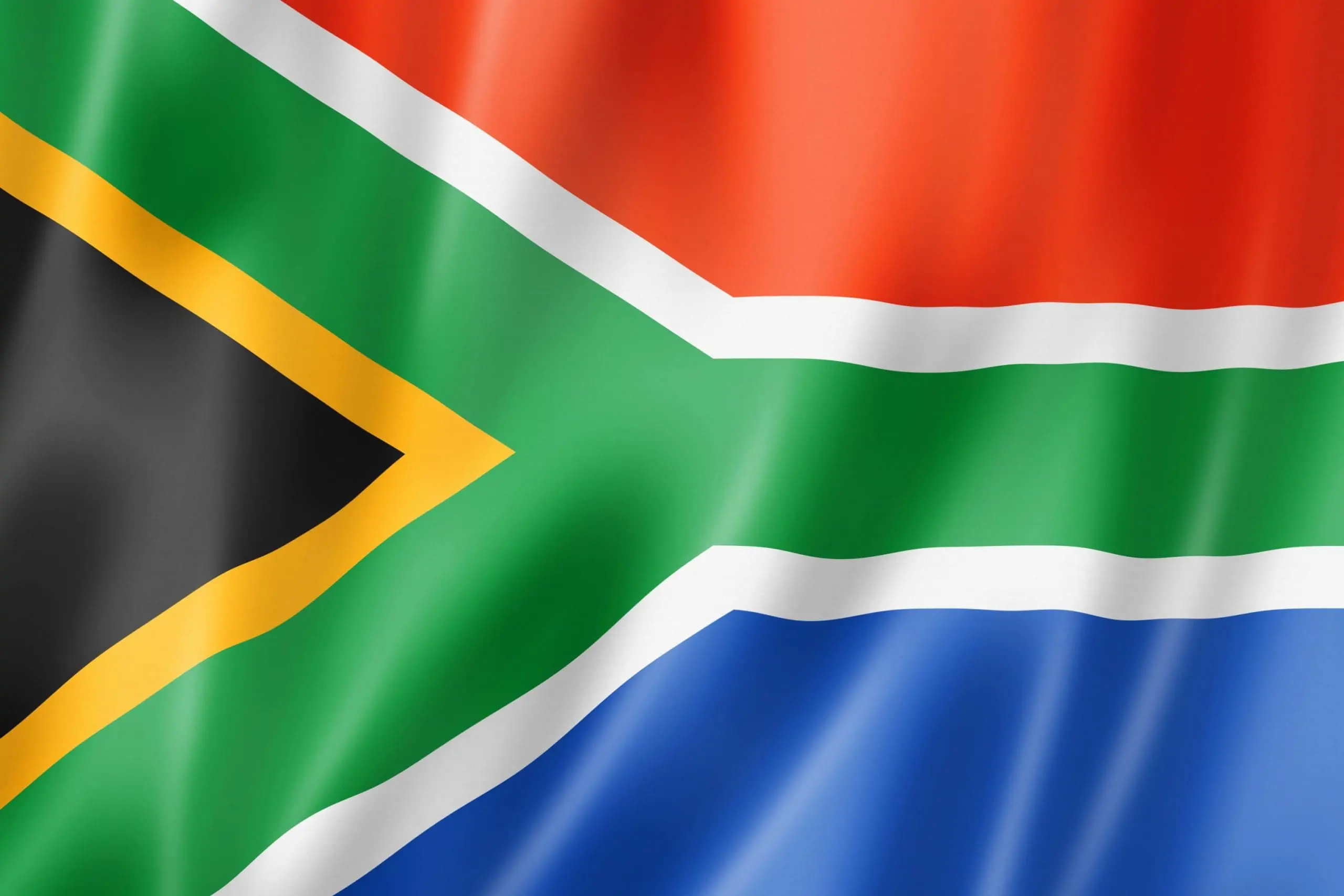
In a comprehensive snapshot of the nation’s demographics, living conditions, and social patterns, the latest release of South Africa’s General Household Survey (GHS) for 2022 sheds light on various facets of household life, offering invaluable insights into the lives of the nation’s inhabitants.
The survey, which paints a vivid picture of South African society, provides a closer look at population distribution, household structure, access to essential services, and even the impact of the ongoing COVID-19 pandemic on vaccination rates.
Evolution of Household Structure
South Africa, with a population of approximately 61.4 million, is home to a diverse array of household compositions. The GHS report reveals that a quarter of households (25.1%) consist of just a single individual, hinting at the growing trend towards smaller family units. The majority of households (87.3%) are comprised of fewer than five members, highlighting the changing dynamics of family life.
When examining the distribution of household sizes across provinces, it is evident that the North West province leads the country in terms of single-person households, accounting for 31.6% of such arrangements. Meanwhile, larger households with six or more members are most prevalent in KwaZulu-Natal (17.5%) and Mpumalanga (17.0%).
Early Childhood Development and Care
The GHS report dives into the realm of early childhood development and care, an essential aspect of shaping a nation’s future. The data indicates that 31.5% of children aged 0–4 years participated in Early Childhood Development (ECD) programs. These encompass a range of educational initiatives, including day-care centers, crèches, playgroups, nursery schools, and pre-primary institutions.
Interestingly, over half (55.5%) of children in this age bracket were found to remain at home under the care of parents or guardians. This insight into childcare preferences underscores the role of families in nurturing young minds and complements the efforts of formal educational institutions.
Navigating the COVID-19 Vaccination Landscape
Amid the ongoing COVID-19 pandemic, vaccination has emerged as a critical tool in curbing the spread of the virus and minimizing its impact. The GHS report sheds light on vaccination rates across different age groups and provinces. Alarmingly, it reveals that 44.4% of eligible individuals remained unvaccinated throughout 2022, indicating a substantial gap in achieving widespread immunity.
Regionally, KwaZulu-Natal emerged as a hotspot for unvaccinated individuals, with a staggering 57.7% remaining unprotected. A deeper dive into the age demographics further underscores the challenges faced in vaccination efforts. The report reveals that 69.1% of individuals aged 12–17 years were unvaccinated, while the rate among those aged 60 years and older stood at 24.3%.
Advancements in Essential Services
South Africa’s progress in providing essential services to households is evident in the GHS report’s data. Over the span of two decades (2002 to 2022), the percentage of households with access to an improved source of water increased from 84.4% to 88.5%. Similarly, access to improved sanitation facilities saw a substantial rise from 61.7% in 2002 to 83.2% in 2022.
The nation’s effort in electrification is also notable, with the percentage of households connected to mains electricity increasing from 76.7% in 2002 to an impressive 89.6% in 2022. These advancements in basic services are crucial indicators of improved living conditions for a significant portion of the population.
Communication and Mail Services Transformation
The GHS report also provides intriguing insights into the changing dynamics of communication and mail services within households. A remarkable shift is observed in the patterns of receiving mail. From 2002 to 2022, the percentage of households not receiving any mail surged from 9.0% to a staggering 47.3%. Conversely, while 38.3% of households still received some mail at their residences, only 10.3% opted for post boxes or private bags.
This transformation can be attributed to the digital age, where electronic communication has largely replaced traditional mail. The rise of digital platforms and email communication has reshaped the way households engage with correspondence, leading to a significant decline in the use of traditional postal services.
The General Household Survey 2022 provides South Africans with a comprehensive and insightful look into the nation’s demographics, living conditions, and societal dynamics. The findings not only inform policy decisions but also offer a window into the evolving landscape of the country’s households and their aspirations for a better future.
This website uses cookies.